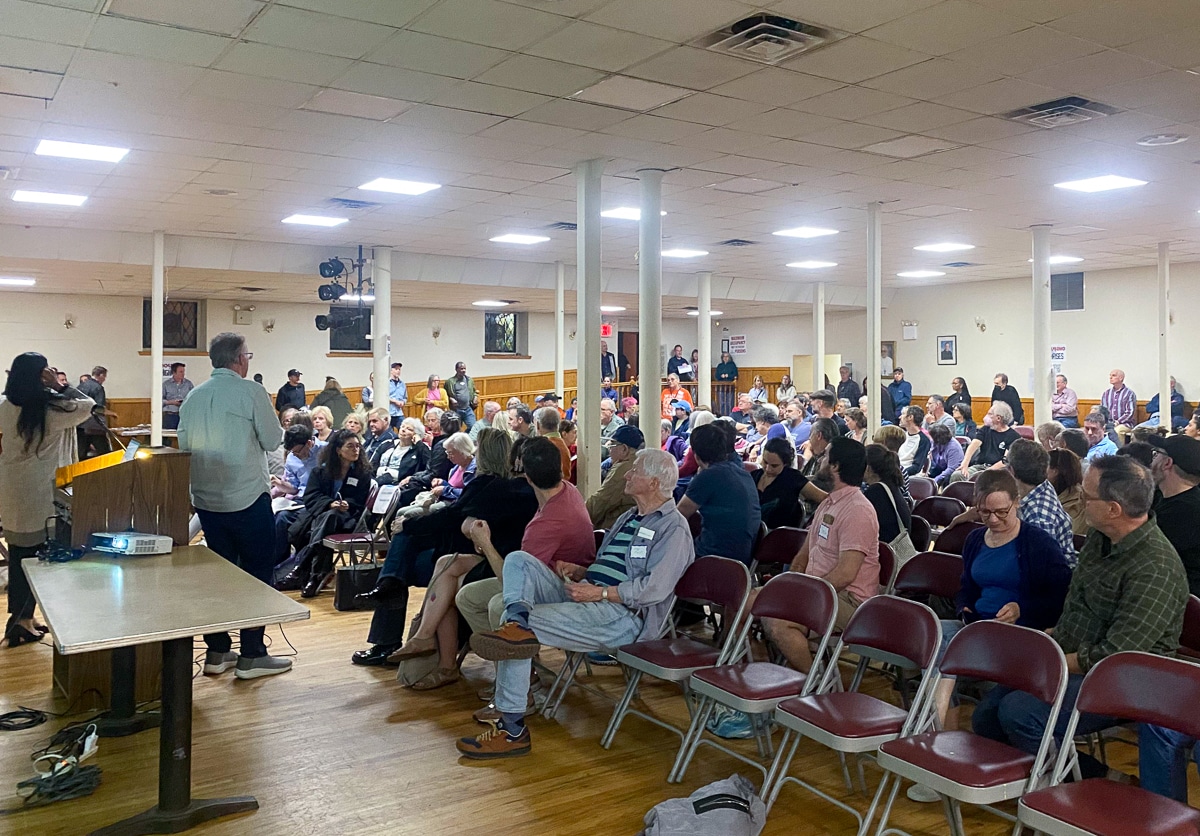Quote of the Day
Benson, I do think it is a reason to kick the tires harder. Some developments sailed through to completion during this rough patch, others did not. Some develoeprs are on sound financial footing, and some leverage to the hilt and keep leveraging to squeeze through. I don’t think it is wrong to suspect that some…
Benson, I do think it is a reason to kick the tires harder. Some developments sailed through to completion during this rough patch, others did not. Some develoeprs are on sound financial footing, and some leverage to the hilt and keep leveraging to squeeze through. I don’t think it is wrong to suspect that some of the longer-stalled project stalled because lenders balked, and if those developers did not have the resources to carry on, chances are they have been tight from the beginning, or at least once construction resumed, and have cut corners along the way. I also wouldn’t assume all of the most heavily squeezed developers whose projects stalled left tehm in states where only the most impervious structural components were left open to the elements. I’ve seen in both new construction and in a number of renovations, including my own, the kinds of corners that can get cut when money runs short. If a project was stalled for 9-15 months, you can be sure no one was coming out to check the tarps every day, and you can’t be sure that there was nothing installed that is susceptible to water or wind damage. Not everyone builds the right way or stopped at a convenient pahse. Mine is not a “don’t buy” recommendation, just a be wary and vigilant recomendation, but I think with good reason.
— by slopefarm in A Thawing of the Development Freeze?









new construction issues go way beyond what the $600 home inspector can see and test upon completion of the unit. slopefarm is right but the only protection a buyer has is recourse to the sponsor via warranties in the prospectus. and all sponsors are in various states of distress. it is not realistic to expect buyers to watch a project rise from the ground and then determine if it’s solid.
a simple solution would be to require sponsor developer to have a minimum net worth supplemented by a personal rather than a corporate guaranty or post a significant construction bond. of course, this would make new construction more expensive and the usual suspects will howl, but would a dampening of supply really negatively affect the boom/bust industry? or would it leave a steadier and less volatile market in its wake?
i think that this type of thinking is important. i’m amazed that people think they may not need to have a new apt inspected. we did and found a finishing problem that we got completely re-done. and, having the actual hard core stuff come back with a thumbs up was comforting.
Way to go, Slopey. Pity, today of all days, yours are usually so well typed.
Congrats, Slopey!
don’t you wish you had used spellcheck?